Airports are notorious for offering an array of convenience-based services, and while it’s sometimes necessary to grab a bite between flights, not all available options are advisable. Some foods sold at the airport are costly, of questionable freshness, or not a smart choice before a long flight. Here’s our list of the top 10 foods to avoid purchasing at the airport
Sushi
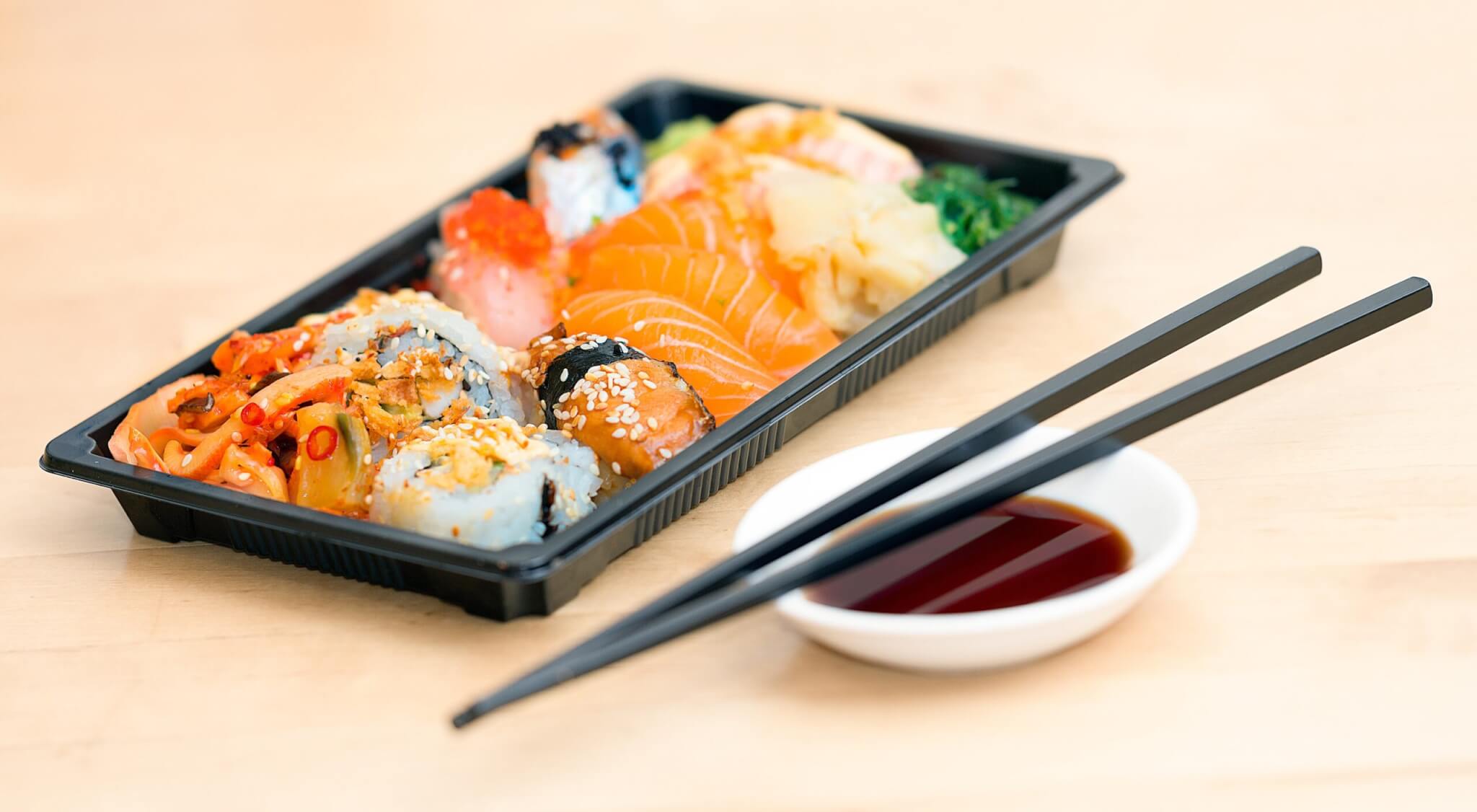
Why you should avoid it: Sushi at airports typically lacks the high turnover in city sushi restaurants, ensuring peak freshness. Consequently, with the promise of a fresh product, you can avoid potential exposure to foodborne bacteria that flourish in improperly stored fish. Moreover, the subtle nuances of sushi flavors are often lost when not enjoyed right after preparation.
Alternative: Meanwhile, a veggie or chicken wrap emerges as a safer and often more filling choice. Its ingredients prove less prone to quick spoilage, rendering them a wiser pick for travel.
Fried Fast Food
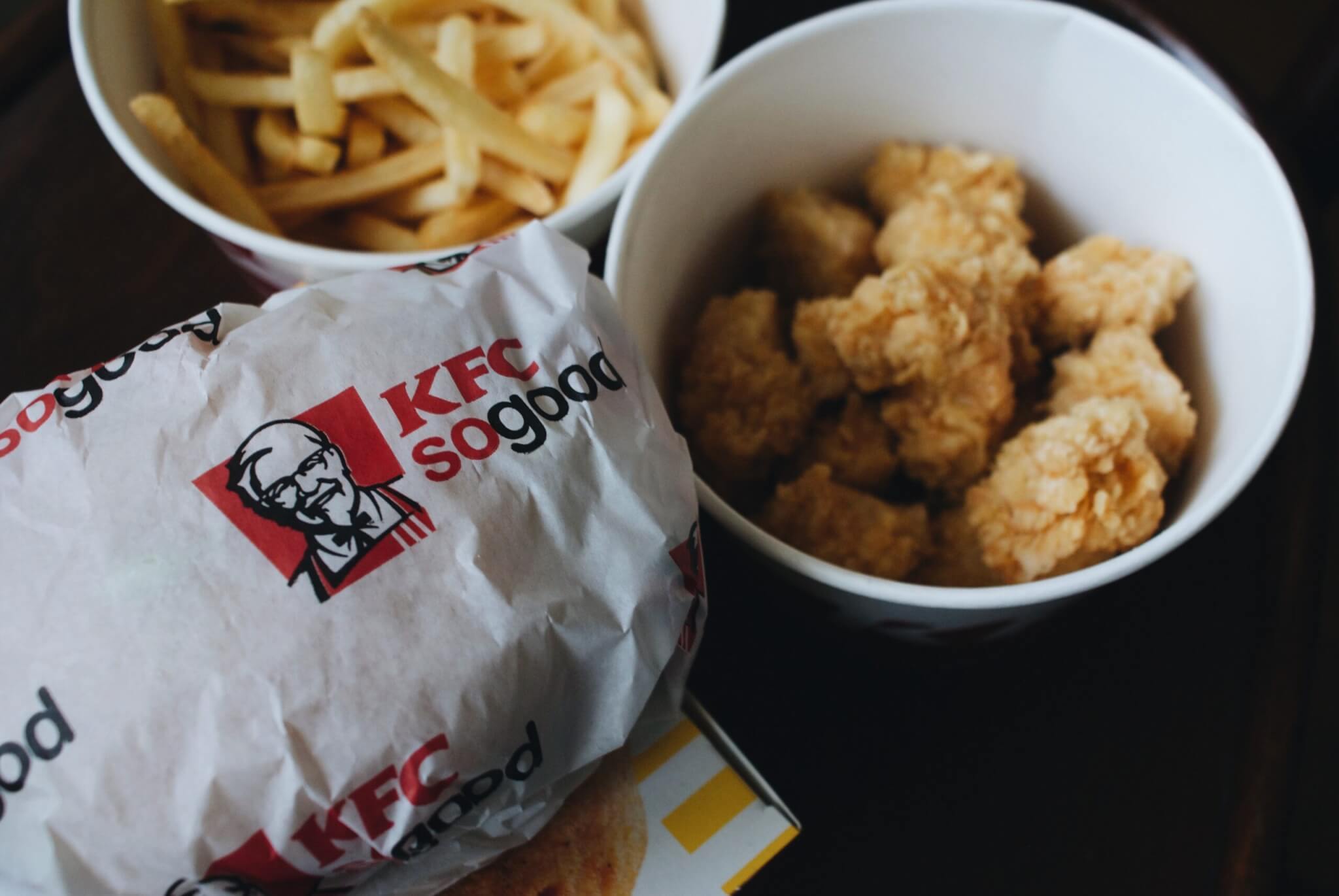
Why you should avoid it: Apart from the immediate bloating and digestive discomfort, the oils in fried foods can deteriorate if not kept at suitable temperatures. Ingesting these degraded oils can introduce many health issues, including inflammation and elevated cholesterol levels.
Alternative: On the other hand, grilled items or salads are gentler on the stomach and usually more nutritious. They present a well-rounded mix of proteins and veggies, ideal for sustaining you during your travels.
Bean-based Foods
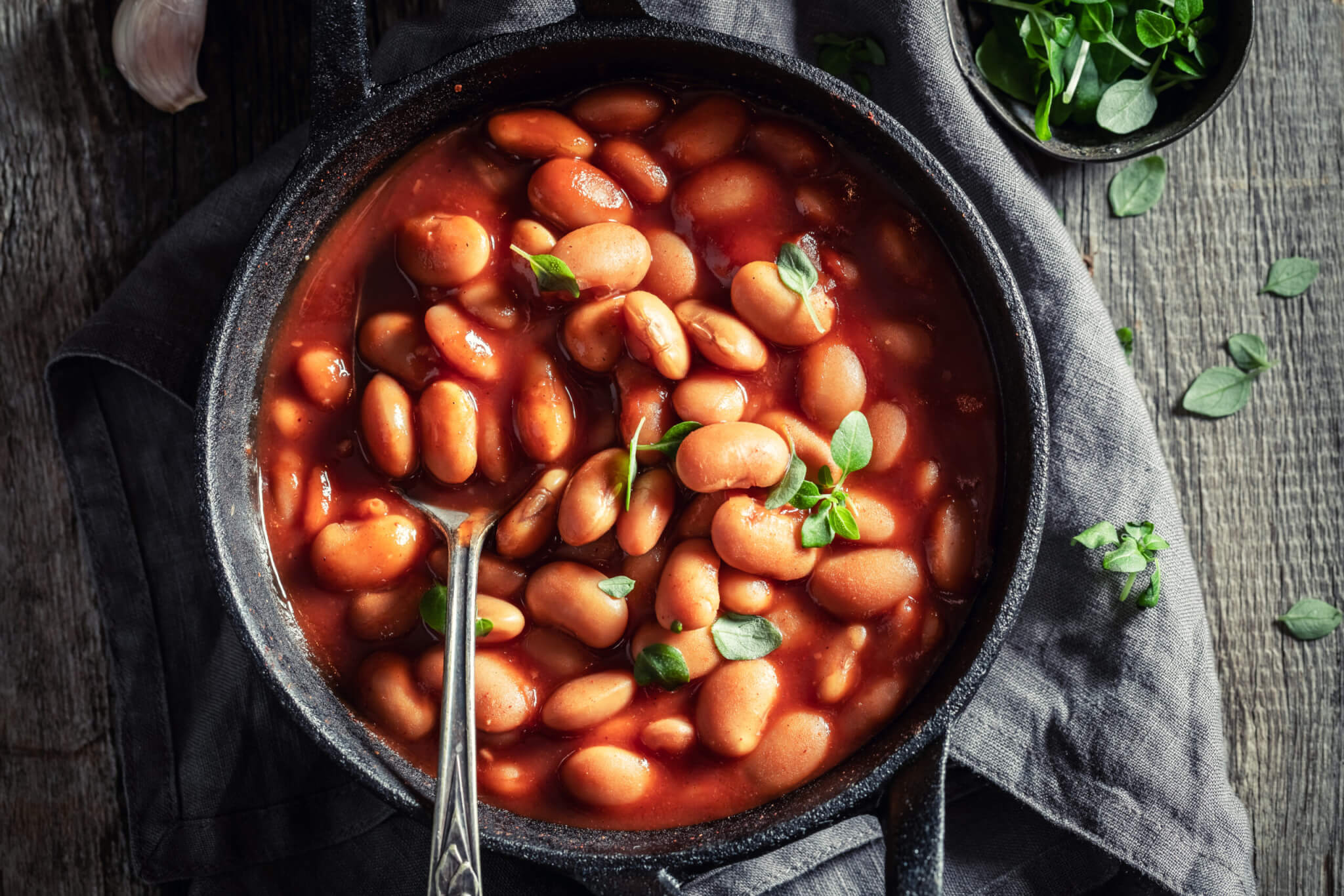
Why you should avoid it: Besides potential digestive issues, beans can become bacteria hubs if improperly stored or cooked. Coupled with sauces or other components, the likelihood of consuming a tainted dish rises.
Alternative: Conversely, meals with lean proteins such as chicken or turkey supply nourishment without the associated troubles. These proteins are easily digested and give you the energy for lengthy journeys.
Carbonated Drinks

Why you should avoid it: Beyond immediate bloating concerns, fizzy drinks often come with sugars. These sugars can cause a rapid energy surge, followed by a slump, leaving you weary during your flight.
Alternative: In contrast, still water remains the supreme hydration choice. If you seek more taste, consider opting for infused waters or natural juices devoid of extra sugars.
Alcohol
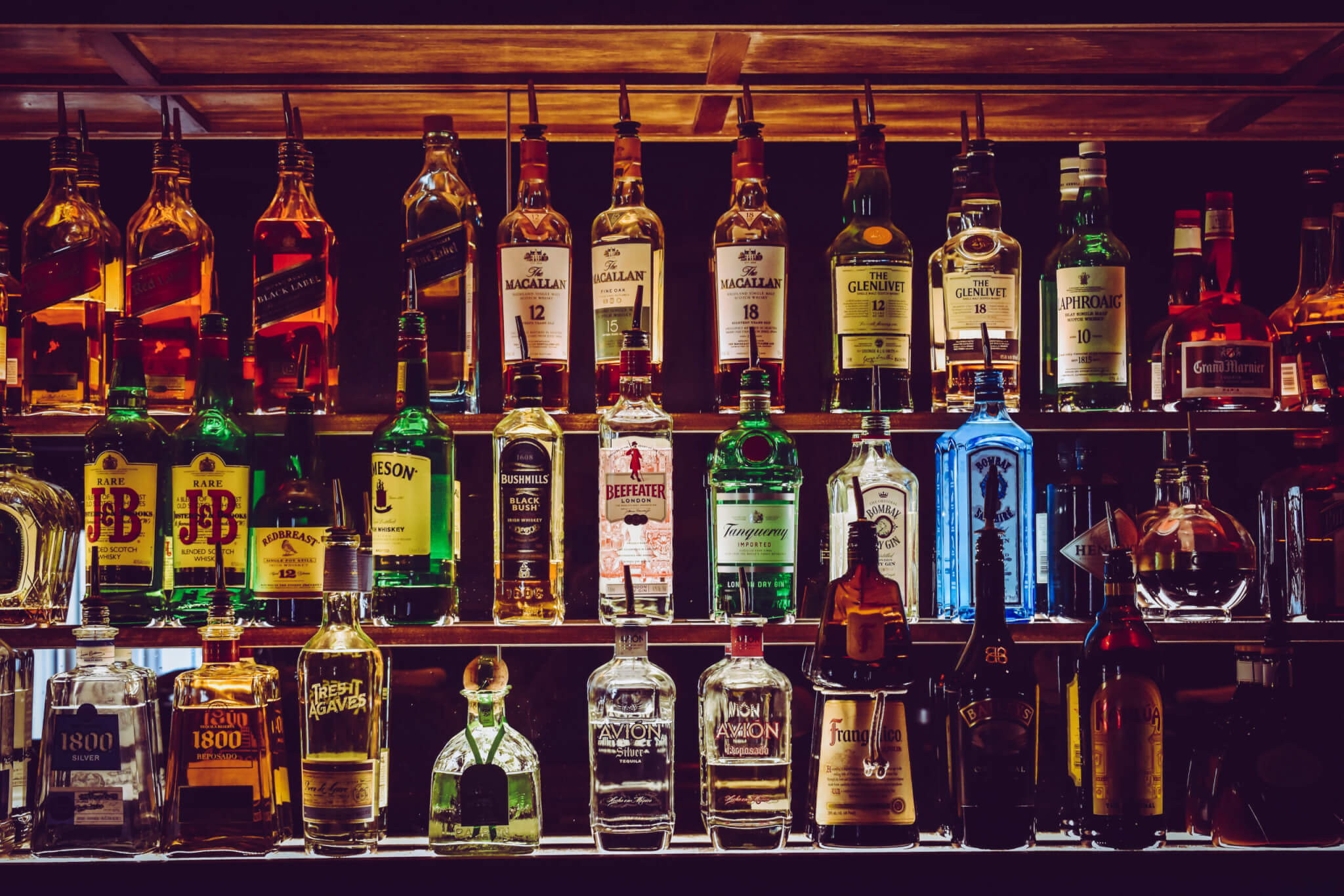
Why you should avoid it: Besides causing dehydration, alcohol has the potential to cloud judgment, complicating decisions in unfamiliar situations. Additionally, it meddles with sleep cycles, an issue significantly unsettleing when adapting to new time zones.
Alternative: However, herbal teas like chamomile or peppermint can offer relaxation without adverse after-effects. They also foster improved sleep and digestion.
Pre-packaged Salads
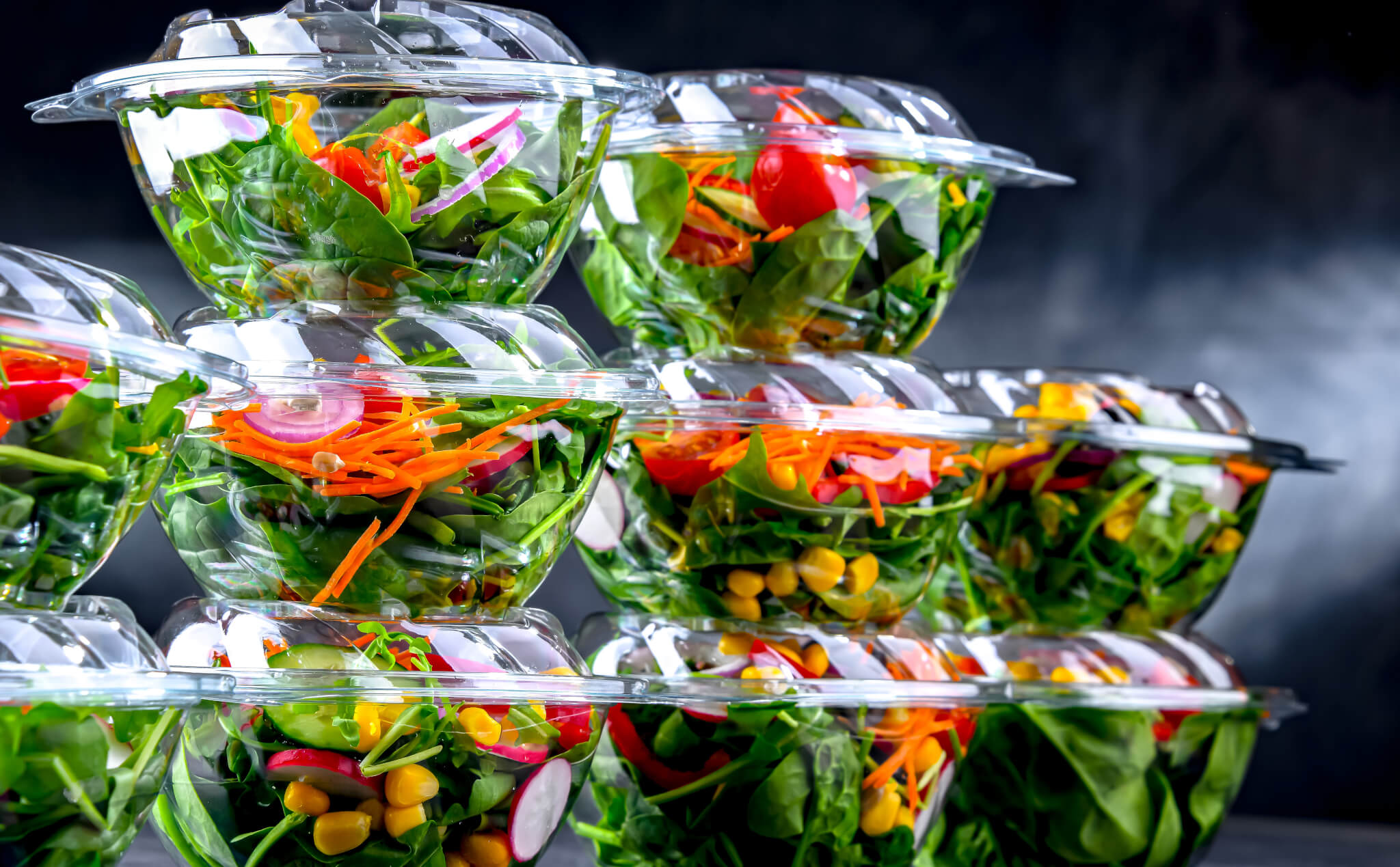
Why you should avoid it: Salads present prime conditions for bacterial growth due to the inherent moisture. If they’re consistently refrigerated, these salads might protect your health.
Alternative: On the flip side, outlets serving made-to-order salads guarantee you the use of fresh ingredients. Investing more time can ensure you get the most untouched meal possible.
Spicy Foods
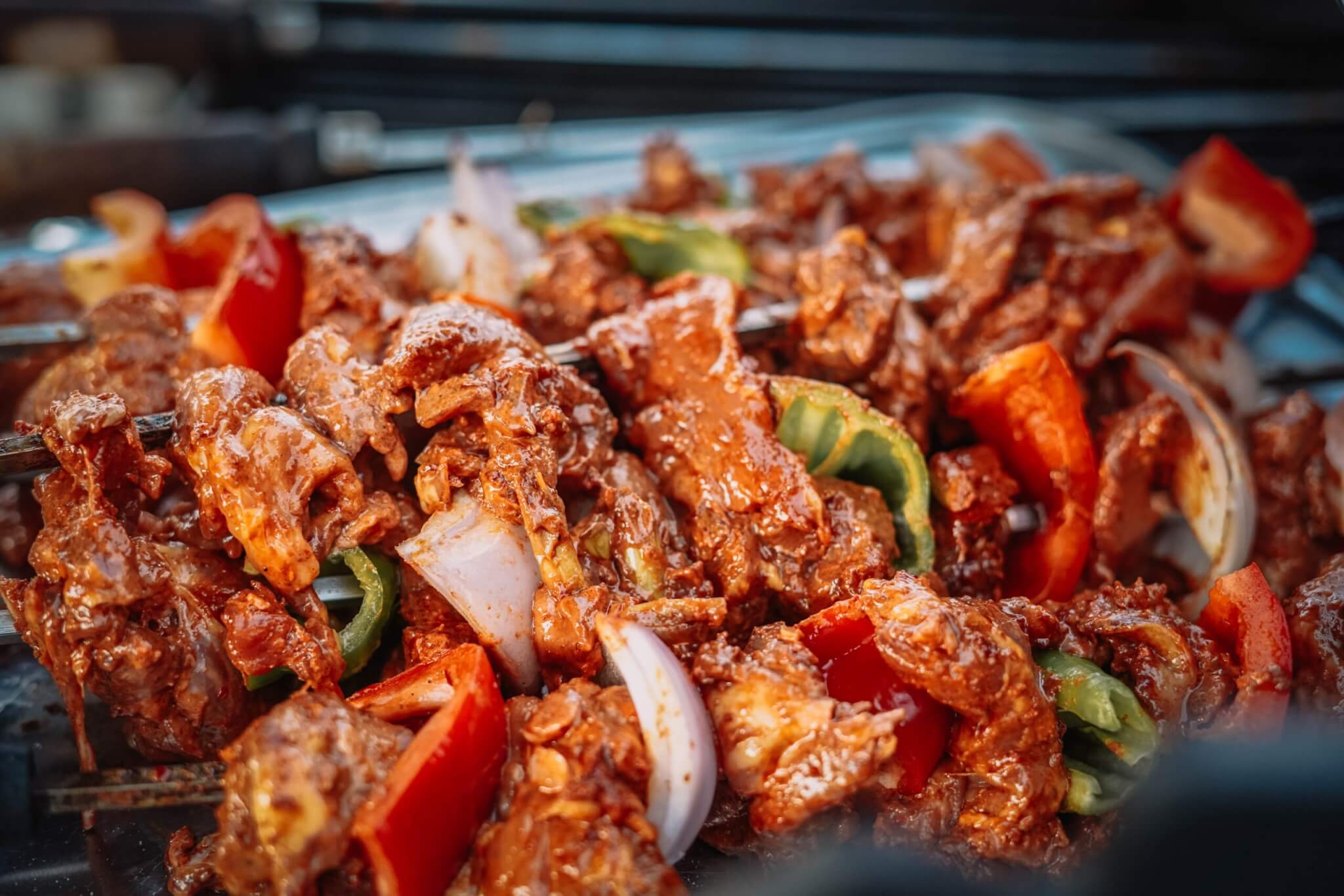
Why you should avoid it: Besides potentially irritating the stomach, spice levels can be unpredictable. A dish you assume to be mild might be overly spicy.
Alternative: Going for milder variants or dishes that allow customized spice levels is wise. This approach lets you savor the taste without any unexpected fiery surprises.
Large Coffee or Caffeinated Drinks
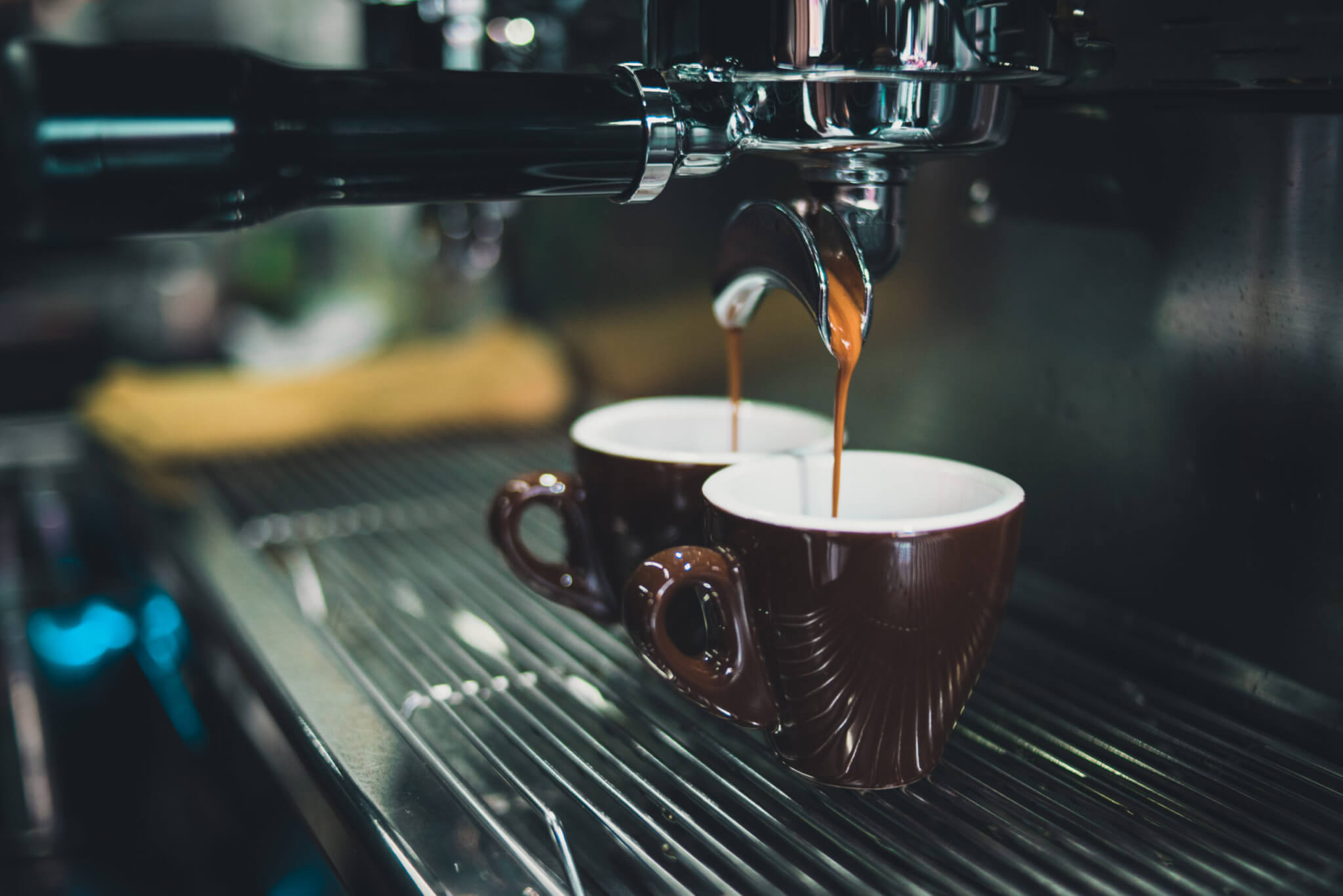
Why you should avoid it: Consuming too much caffeine can amplify anxiety and induce a jittery feeling. This becomes especially problematic in tight spaces with limited mobility.
Alternative: Instead, opting for a smaller portion allows you to harness the benefits of caffeine without overwhelming your body. Remember to complement this with sufficient water intake.
High-Sodium Snacks
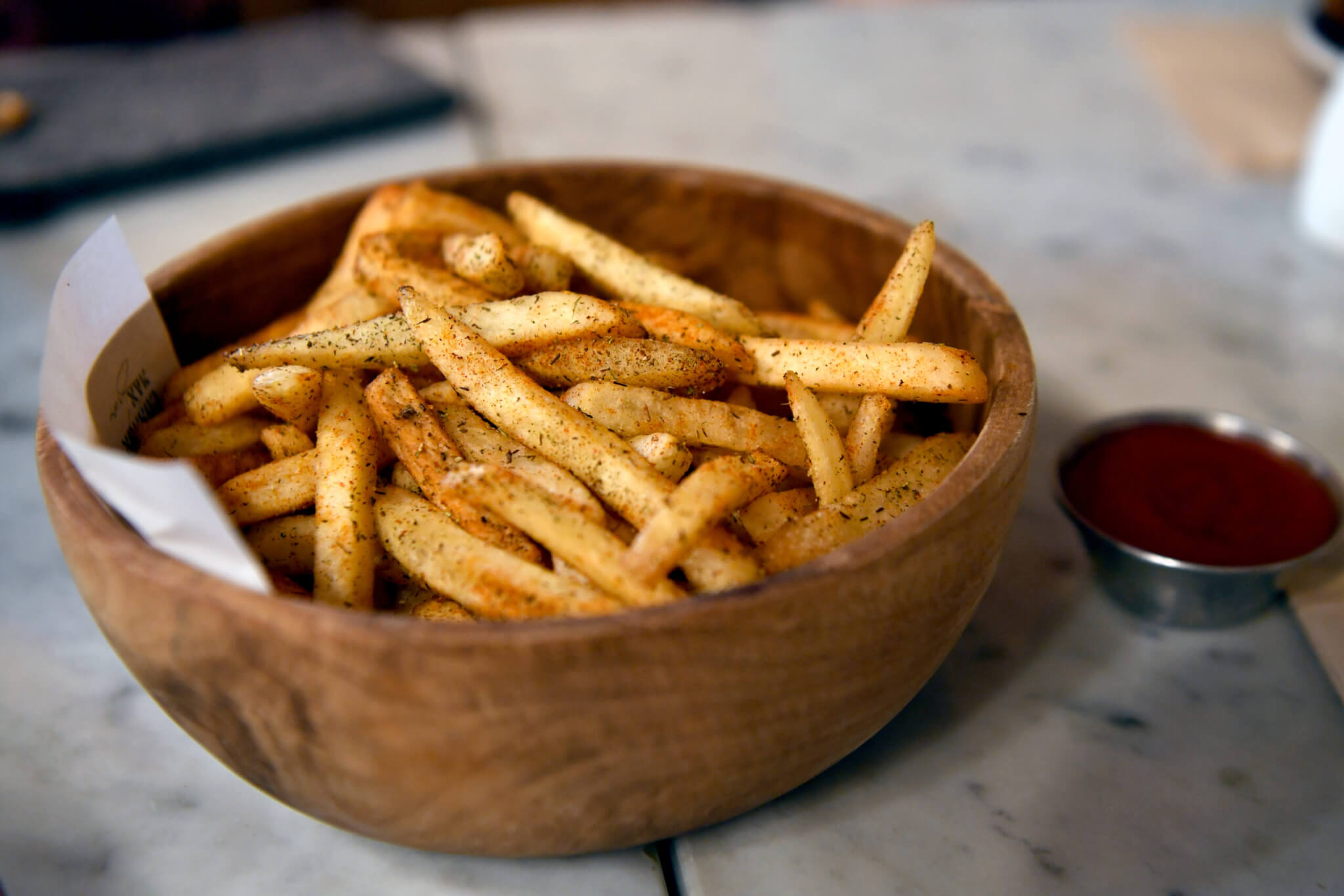
Why you should avoid it: Beyond dehydrating effects, excessive salt can also heighten blood pressure, adding strain to travel. Furthermore, it can overshadow genuine food flavors, diminishing the snack’s appeal.
Alternative: Fresh fruits or salt-free treats are flavorful and hydrating. They furnish vital nutrients that maintain your well-being during transit.
Dairy Products (For Some)
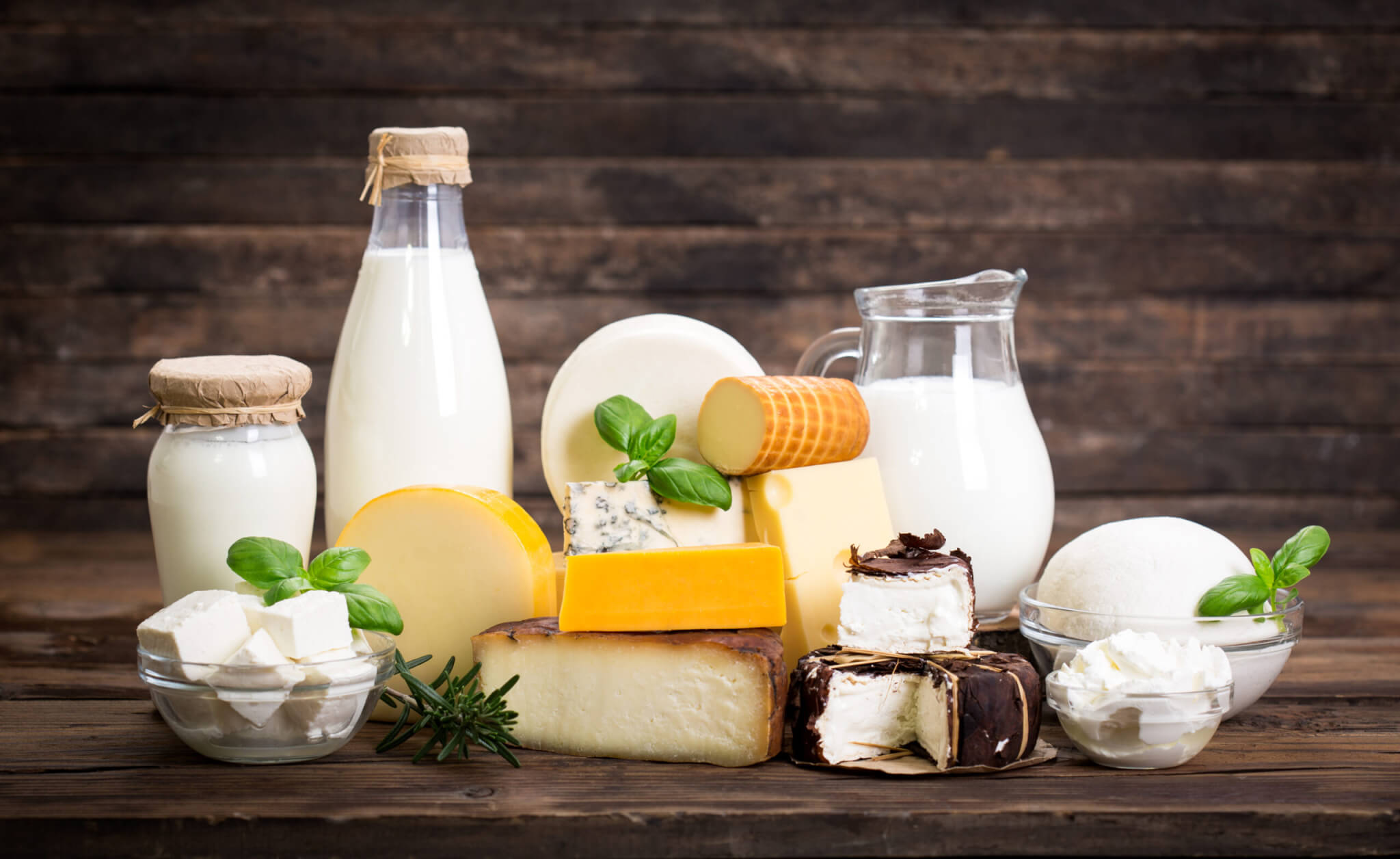
Why you should avoid it: Aside from immediate unease for the lactose-intolerant, dairy can trigger mucus production—a concern in the dry airplane environment.
Alternative: Fortunately, lactose-free or plant-based alternatives deliver the desired creamy consistency minus the side effects. They often come fortified with extra nutrients, making them a superior choice.
While it’s convenient to grab food at the airport, especially when time is limited, making wise choices is essential. The last thing anyone wants is to feel uncomfortable, bloated, or unwell during a flight. By avoiding the foods listed above and opting for their healthier alternatives, you can ensure a smoother and more pleasant flying experience. Remember, the key is to think ahead and prioritize foods that will make you feel good both on and off the ground. Safe travels and happy eating!
